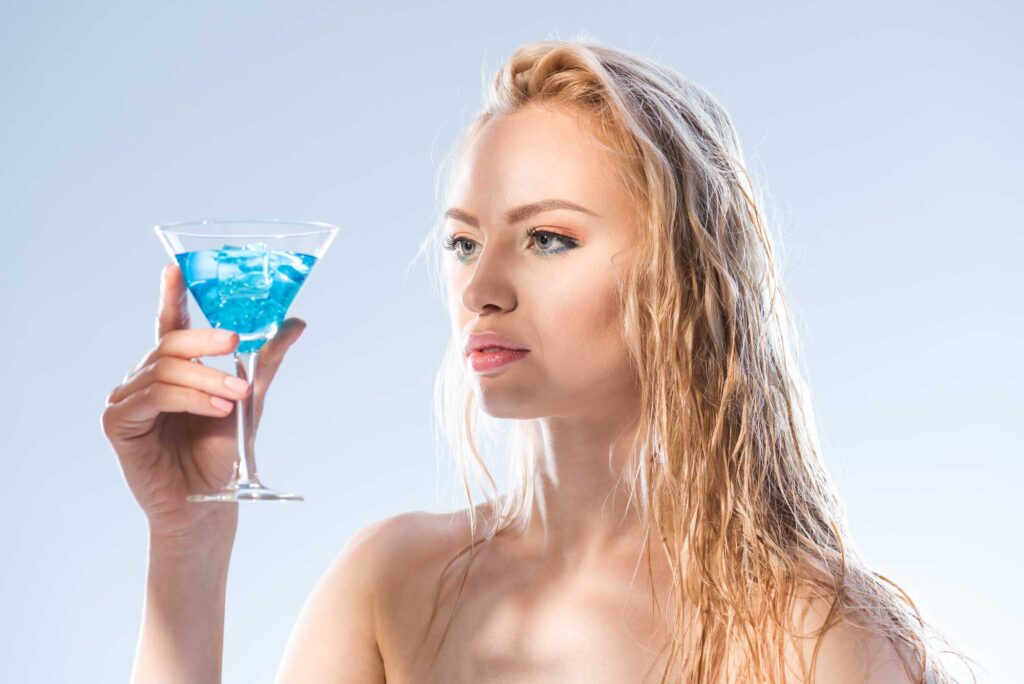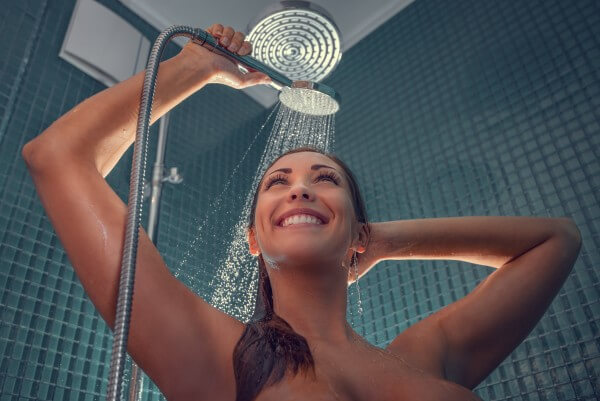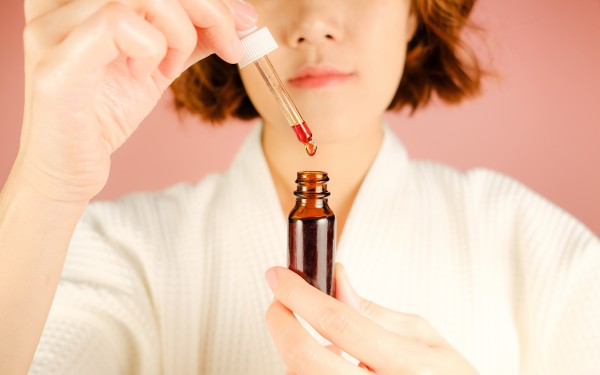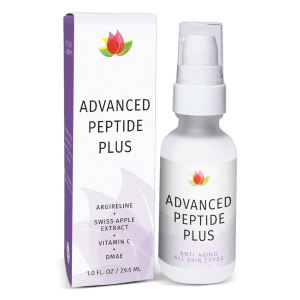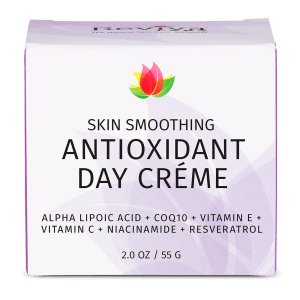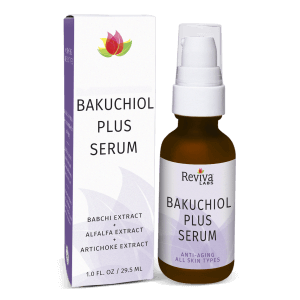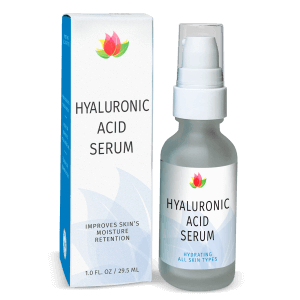-
×
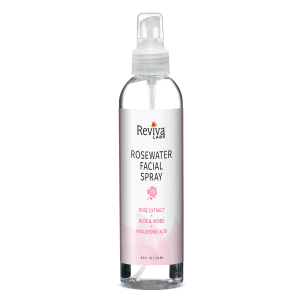 Rosewater Facial Spray
1 × $14.00
Rosewater Facial Spray
1 × $14.00
Clean Beauty, Reviva Labs, Skin Care
How Alcohol and Sugar Affect Your Skin Health
There’s nothing wrong with enjoying life’s little indulgences—a celebratory cocktail or a decadent dessert. But when these become more than just occasional treats, your skin may start to reflect the consequences. Many people focus solely on what skincare products they apply, overlooking one of the biggest influences on skin health: diet. Specifically, the relationship between alcohol, sugar, and your skin is more intimate than most realize. And the effects aren’t just surface-level—they reach deep into your skin’s biology.
The Skin Is Talking, But Are We Listening?
Skin is a complex, living organ—and the largest one you have. It’s constantly working to protect you, detoxify your body, and regenerate itself. When something’s off internally, your skin often sends a message. Chronic breakouts, inflammation, redness, premature wrinkles, dull tone, and dry patches aren’t just random occurrences. They could be your skin’s way of reacting to high sugar intake or frequent alcohol consumption.
Let’s unpack how sugar and alcohol affect your complexion, from your moisture barrier to collagen production.
Sugar: Sweet to Taste, Sour to Skin
The average American adult consumes about 17 teaspoons of added sugar daily—almost double the recommended amount. That’s not just bad news for your waistline; it’s a ticking time bomb for your skin.
One of sugar’s worst offenses is its contribution to glycation. This process occurs when excess sugar in the bloodstream attaches to proteins, forming harmful compounds known as advanced glycation end products (AGEs). These AGEs damage collagen and elastin—two proteins that keep your skin firm, supple, and youthful. As a result, skin loses its bounce, fine lines become more prominent, and the texture becomes uneven.
That donut or soda might not seem like much at the moment, but each spike in blood sugar accelerates the aging process in skin cells. Over time, glycation leads to stiffness in collagen fibers, resulting in sagging, wrinkling, and dullness.
The Breakout-Sugar Connection
High-glycemic foods like candy, white bread, and sweetened drinks can also fuel inflammation and increase the likelihood of breakouts. Elevated insulin levels stimulate oil glands to produce more sebum, which can clog pores and exacerbate acne. If your skin flares up after dessert-heavy weekends, it’s not a coincidence—it’s a response.
Sugar also affects gut health, which is deeply connected to skin. An imbalance of gut bacteria (dysbiosis) can lead to inflammation that surfaces in your complexion as eczema, rosacea, or stubborn blemishes.

Alcohol: Dehydration in a Glass
The visible effects of alcohol on the skin can appear after just one night of drinking. Ever woken up looking a little puffy, red, or uneven in tone? That’s your body dehydrated and inflamed. Alcohol is a diuretic, meaning it causes your body to lose water and essential nutrients. This depletion robs your skin of hydration, making it look parched and tired.
Collagen production slows, and oxidative stress levels rise. Even worse, alcohol reduces levels of vitamin A—a vital antioxidant for cell regeneration. Without it, your skin struggles to repair itself, leaving it more vulnerable to wrinkles, dullness, and environmental damage.
How Alcohol Disrupts Skin Barrier Function
Alcohol also impairs the skin’s protective barrier by disrupting lipid layers. This barrier helps retain moisture and keep out irritants. When it’s compromised, you’re more likely to experience sensitivity, redness, and flakiness. And for those with conditions like rosacea or eczema, alcohol is known to trigger and worsen flare-ups.
Additionally, certain types of alcohol like cocktails, wines, and flavored liquors are often loaded with sugar, compounding their skin-harming effects.
The Inflammation Spiral
Both sugar and alcohol ignite inflammatory pathways in the body. Inflammation is at the root of nearly every skin issue—from acne and redness to premature aging and uneven texture. Chronic inflammation from frequent consumption of these substances may lead to long-term skin issues that are harder to reverse.
And here’s the kicker: even if you use high-quality products, inflammation caused by diet can limit their effectiveness. Your skin won’t absorb or respond to treatments as efficiently if it’s constantly in a state of repair.
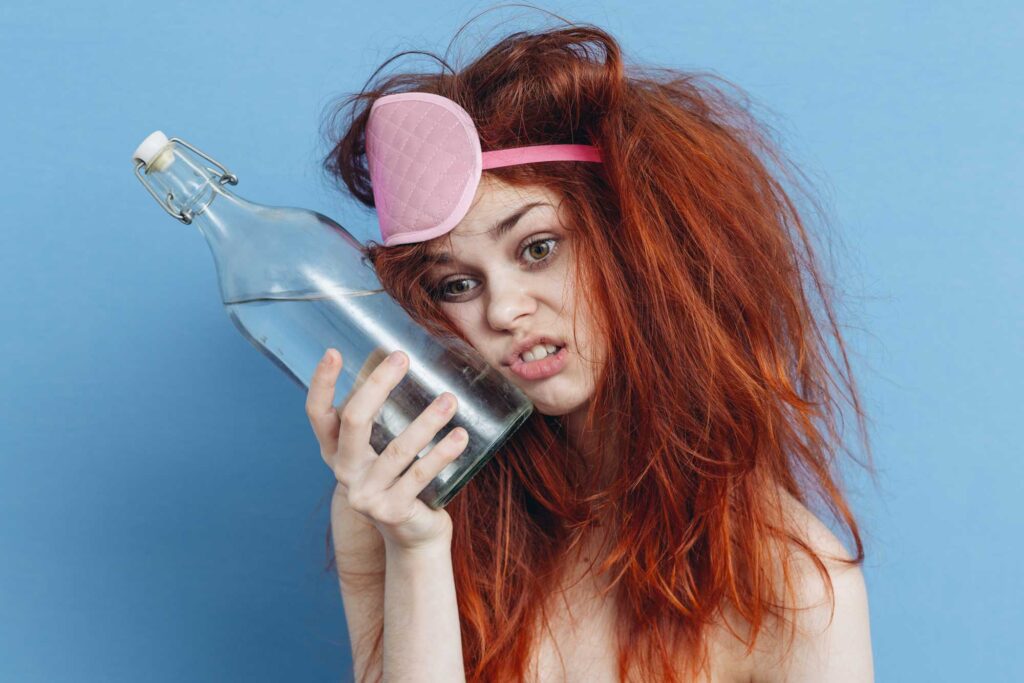
How Much Is Too Much?
Moderation is key. A glass of red wine a few times a week? Likely fine. A slice of birthday cake here and there? Enjoy it. But daily sugar overload and weekend drinking binges create an environment where your skin is constantly battling to restore balance.
It doesn’t take much to tip the scales. Research shows that a high-sugar diet for just two weeks can increase skin inflammation and oil production. And alcohol’s effects on hydration can last up to 72 hours after consumption.
What Happens When You Cut Back?
The good news is that skin is remarkably resilient. Within days of cutting back on sugar and alcohol, you may notice improvements. Skin tone evens out, puffiness decreases, and hydration levels begin to normalize. Over time, fine lines can soften, and breakouts may become less frequent.
A study published in Clinical, Cosmetic and Investigational Dermatology found that reducing dietary sugar significantly improved acne severity in adult women. And when participants reduced alcohol consumption, their skin barrier function improved, leading to less dryness and redness.
Reviva Labs and Skin Recovery
When you start making internal changes, your skincare routine becomes even more effective. Hydration-focused formulas like Reviva’s Intercell Hyaluronic Acid Night Gel help replenish moisture lost from alcohol-induced dehydration. Pairing that with a product like our Antioxidant Skin Smoothing Day Crème, which includes vitamins C, E, and green tea, supports your skin’s defenses against environmental and dietary stressors.
Reviva’s brightening and exfoliating products—such as our 10% Glycolic Acid Crème or Dark Spot Brightening Serum—work better when your skin isn’t constantly battling inflammation or glycation damage.
But skincare isn’t just topical. When it’s supported by internal wellness, you’ll start to see accelerated and more lasting results.
Practical Tips to Protect Your Skin from Sugar and Alcohol Damage
You don’t need to live like a monk to have great skin, but some small changes make a massive difference.
Start by hydrating strategically. If you’re going to enjoy a cocktail, drink a full glass of water between each one. Better yet, pre-load with water throughout the day to cushion your skin’s moisture levels.
When indulging in sweets, aim for those with a lower glycemic index. Fruits paired with protein or fat digest slower, preventing blood sugar spikes. Berries and dark chocolate are better options than pastries and soda.
Support your body’s detox efforts with antioxidant-rich foods. Think leafy greens, turmeric, berries, green tea, and fatty fish. These nutrients help neutralize free radicals triggered by alcohol and sugar.
Consider adding supplements like vitamin C, zinc, or omega-3s, which are known for their skin-repairing benefits. However, check with your healthcare provider before introducing new supplements.
And when it comes to skincare, consistency is everything. Use products rich in humectants (like hyaluronic acid), antioxidants (like vitamin C or resveratrol), and barrier-repairing ingredients (like niacinamide or ceramides). This is where a brand like Reviva Labs can shine—our functional skincare supports real, visible transformation.
Final Word: Skin Speaks Louder Than You Think
Think of your skin as a daily report card. When it’s dull, congested, or inflamed, it’s telling you something about what’s going on inside. Alcohol and sugar aren’t villains when enjoyed in moderation, but making mindful choices and investing in restorative skincare will help your complexion stay radiant long after dessert is served.
Beautiful skin is never just about what you apply—it’s also about how you live. And with just a few shifts, you can nourish your body, calm inflammation, and bring back your glow. Because we’re people helping you live your life beautifully—inside and out.



